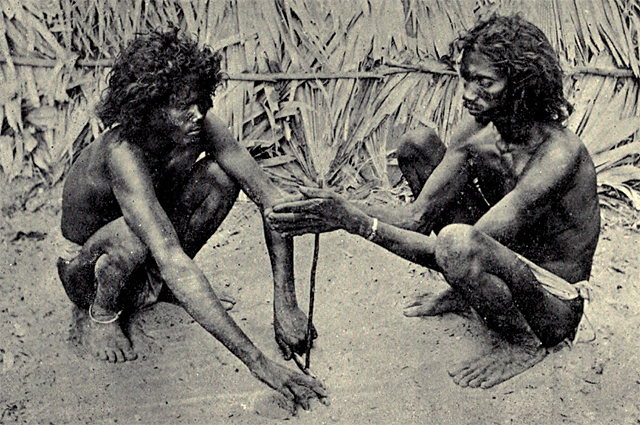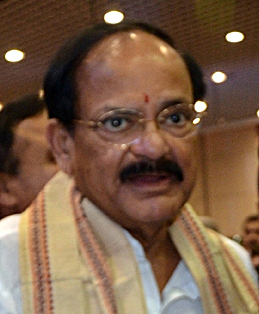The Challa Yanadi living in the Nellore District of Andhra Pradesh have requested a seat on India’s National Scheduled Tribes Commission. According to a news story in The Hindu last week, their leaders are arguing that, since their population in southeastern India is now estimated at about 900,000, they are entitled to better services. Having a representative on the commission could help a lot.

Despite the existence of several welfare schemes that the government makes available to the Yanadi, they still lag far behind other communities. They are not much better off than they were when they still lived as nomads in the forests. Gandhalla Sreeramulu, President of an organization called Yanadi Samakhya and Sk Basheer, the honorary president of the group, approached Mr. Muppavarapu Venkaiah Naidu, the Minister for Urban Development in the national government, during his recent visit to the city of Nellore.
The Yanadi leaders asked the minister for his support in getting representation on the national panel. They were specifically recommending the appointment of Mr. Buduru Srinivasulu to relay their issues and concerns to the Scheduled Tribes Commission.

The two leaders also asked Mr. Naidu to explore the idea of forming a special corporation that would extend financial help to the Yanadi, much like the corporations formed to benefit other communities. That proposal would need the support of the state and federal governments in order to go forward.
This development suggests that the Yanadi may, of necessity, be accepting some changes in their society. When Raghaviah (1962) wrote his ethnography of the people, he remarked on how incredibly accommodating they were. Their peacefulness, the anthropologist argued, was due in large part to their passiveness. Furthermore, the Yanadi lacked any binding group feelings and did not take any group actions. “They lack the tribal or clan control exercised by a few nominated or elected heads as is done among the majority of Indian tribes” he wrote (p.120).
The fact that they now have leaders who are trying to take action on their behalf is especially interesting. Raghaviah wrote that they did not take any collective actions such as join strikes. They did not seek or accept leadership positions, and they considered elections to be irrelevant. To judge by the news story last week, Gandhalla Sreeramulu and his associates are challenging some Yanadi ways in order to improve their living conditions.